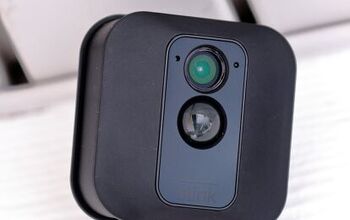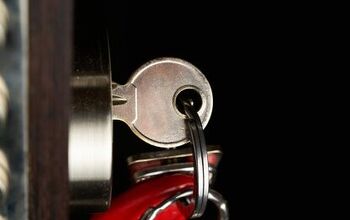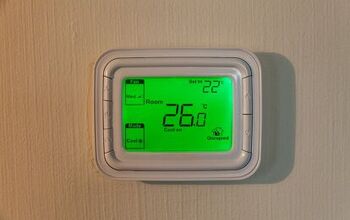Do Air Purifiers Cool The Room? (Find Out Now!)

Running an air purifier removes airborne particles that trigger allergies and makes your home dusty. Some people notice that the room also feels cooler. Do air purifiers cool the room?
Air purifiers don’t cool the room. They have no mechanisms to cool the air. You feel cooler because air flow from the fan evaporates sweat on your skin. This is a wind chill effect that helps your body release heat. Releasing heat is what makes you feel cooler, not the air purifier.
Air purifiers have many benefits. Let’s take a closer look at how they work and why the room may feel cooler.
What is an Air Purifier?
An air purifier is a device that draws in air from your room and pushes it through a filter. The filter contains fibers that trap airborne particles. The clean air is pushed out through a vent and back into your room.
Air Purifier vs. Humidifier vs. Dehumidifier
Air purifiers, humidifiers, and dehumidifiers all work to improve indoor air quality. Air purifiers remove airborne particles. Humidifiers add moisture, and dehumidifiers remove moisture.
How Do Air Purifiers Work?
Air purifiers use various technologies to remove particles from the air inside your home. The air may be pushed through a filter, treated with a special type of light, or charged with electrical particles.
Types of Air Purifiers
There are 5 types of air purifiers.
- HEPA: HEPA air purifiers remove the smallest particles from the air – up to 99.97% of particles measuring 0.3 microns or larger
- Activated Carbon: Often used as a pre-filter, activated carbon absorbs and bonds with airborne particles, such as smoke and odors
- Ultraviolet Light: Ultraviolet light is used in conjunction with filters to destroy mold spores, viruses, and bacteria
- Negative Ion: Negative ion air purifiers emit ions into the air to bind with airborne particles
What Does an Air Purifier Remove?
Air purifiers, in general, remove many types of particles from the air.
- Viruses, bacteria, and mold spores
- Smoke
- Odors
- Dust
- Allergens
- Pet dander
- Chemical compounds
Do Air Purifiers Remove the COVID Virus?
Air purifiers do remove viruses, but, according to the US Environmental Protection Agency, other precautions need to be followed. Even if you have an air purifier with a high-quality HEPA filter, the CDC recommends that you practice social distancing and wear a mask. This is especially important if someone in your home has tested positive for COVID or has symptoms. Air purifiers, such as those found in hospitals, trap airborne particles as small as 0.1 to 1 um. This is a much more powerful filtration level than what can be achieved with consumer-grade products.
If you want to use an air purifier to minimize risk from COVID, choose one with the following features:
- Correct size for your entire home in square feet
- High Clean Air Delivery Rate (CADR) that is designed to trap smoke particles
- Uses HEPA technology
- Indicates filters trap particles as from 0.1 um to 1 um
Do Air Purifiers Cool the Room?
Air purifiers don’t have any type of mechanism to cool the air as it is filtered. But many people notice that the room does feel cooler with an air purifier, so what exactly is happening? The answer is airflow. Air purifiers use fans to draw in air and distribute back into the room. This creates an airflow in the room that is not present when the air purifier is off.
How Air Flow Makes You Cool
Have you ever stood outside on a warm day and felt cooler once a breeze came along? This is the same thing that happens when your air purifier makes the room feel cooler. This is known as a wind chill effect.
Your skin has a thin layer of sweat that keeps you cool. When the air from the purifier passes over your skin, it evaporates the sweat. This causes a convective heat loss, and your body is able to release more heat. This is why you feel cooler when the air purifier is running.
Air purifiers don’t provide a great deal of cooling. The cooling effect is measured in the air delivery rate in cubic feet per minute (CFM). An air purifier delivers air at around 80 to 300 CFM. A regular fan delivers air at 1000 CFM or higher. So you won’t notice as much cooling from an air purifier, but it is definitely there.
Do Air Purifiers Heat a Room?
Any type of electric device generates heat. If an air purifier is run in a small, enclosed space, the heat from the electrical components will increase the temperature in the room.
Do Air Purifiers Work as Fans?
Air purifiers do work as fans, but that is not their main purpose. If you want to cool your room, the best option is a standing fan or ceiling fan. Even opening the window to let the breeze in may work better than the air purifier.
Can I Run an Air Purifier and Humidifier?
Air purifiers and humidifiers have two distinctive roles in indoor air quality. The former removes airborne particles, and the latter adds moisture. You can run an air purifier and humidifier in the same room. Place them some distance apart, though. If the two units are too close, the air purifier will draw in very moist air.
The moisture will clog the filters, and the filters will be less effective. Damp filters in air purifiers are also ideal places for bacteria and mold to grow. Therefore, it is best to put an air purifier on the opposite side of the room as a humidifier.
How to Clean Your Air Purifier
Air purifiers need to be cleaned on a regular basis to work efficiently and effectively. Make sure that you replace the filters as recommended by the manufacturer. Only use filters that are designed for your specific model.
Never rinse replaceable filters. This creates an environment for mold, and the filter won’t work as well.
Wipe the exterior and interior of the air purifier using warm water and a few drops of dish soap. Make sure not to get the water or soap on the replaceable filters.
What Size Air Purifier Do I Need?
When you are ready to buy an air purifier, make sure to get the right size. Models are designed to clean air within a certain square footage, such as 200 square feet. If you buy a unit that is too small, you won’t see much of a difference in your home. When in doubt, go slightly larger than what you need.
If you set up an air purifier in only one room, the results may be less than ideal. Unfiltered air from other parts of your home is circulated by your HVAC system into the room. If you only want an air purifier in one part of your house, make sure that you have good quality filters in your HVAC system.
Do Air Purifiers Really Help?
A good air purifier will remove up to 99.97% of airborne particles. You’ll see the difference in many ways. Your furniture has less dust, and you experience fewer allergy symptoms. You may even feel a bit more energetic.
Air purifiers are recommended for homes with children, elderly, and people with certain medical conditions.
Related Questions
What is a whole-home air purifier?
A whole-home air purifier is a device that fits in your HVAC system. It removes airborne particles as the air passes through the ducts. Whole-home air purifiers use ultraviolet light and filters to clean the air.
Conclusion
Air purifiers create a wind-chill effect that makes you feel cooler. Air flows over your skin and evaporates the sweat. IN turn, this increases heat loss, and you feel cooler.

Jennifer L. Eggerton loves being hands-on, whether it's with a home DIY project, making repairs, re-decorating a room, or keeping life organized. She enjoys helping people by sharing her knowledge, insights, and experiences, as well as her lessons learned. In addition to her work as a writer, Jennifer is a Jeep® overlander, self-published author, and nature photographer who loves being outdoors.
More by Jennifer Eggerton



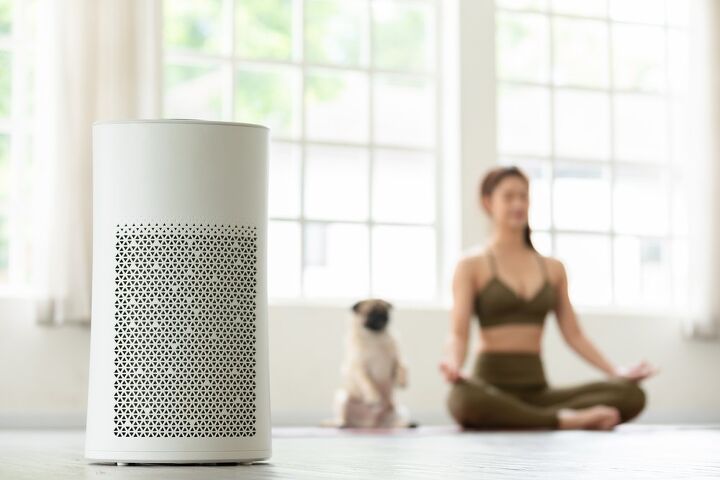
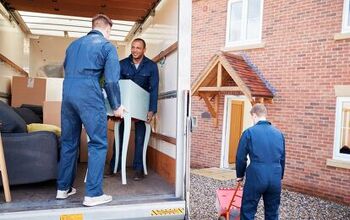





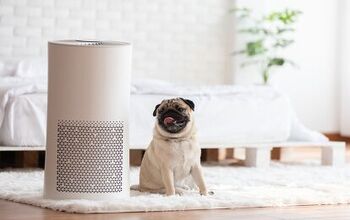
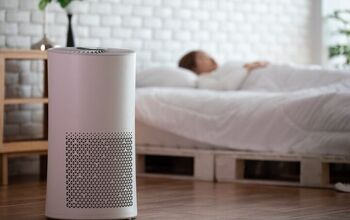
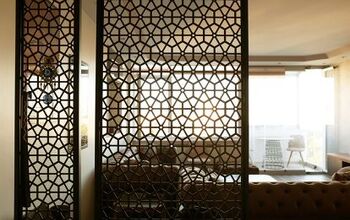

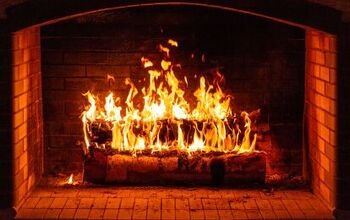


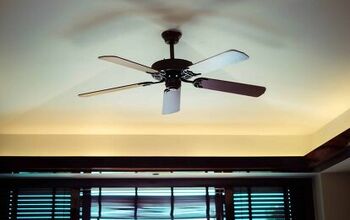

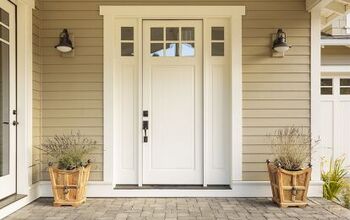
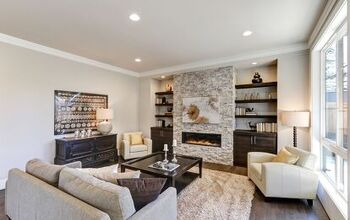
![Standard Dining Room Table Dimensions [for 4, 6, 8, 10 and 12 People]](https://cdn-fastly.upgradedhome.com/media/2023/07/31/9074335/standard-dining-room-table-dimensions-for-4-6-8-10-and-12-people.jpg?size=350x220)
